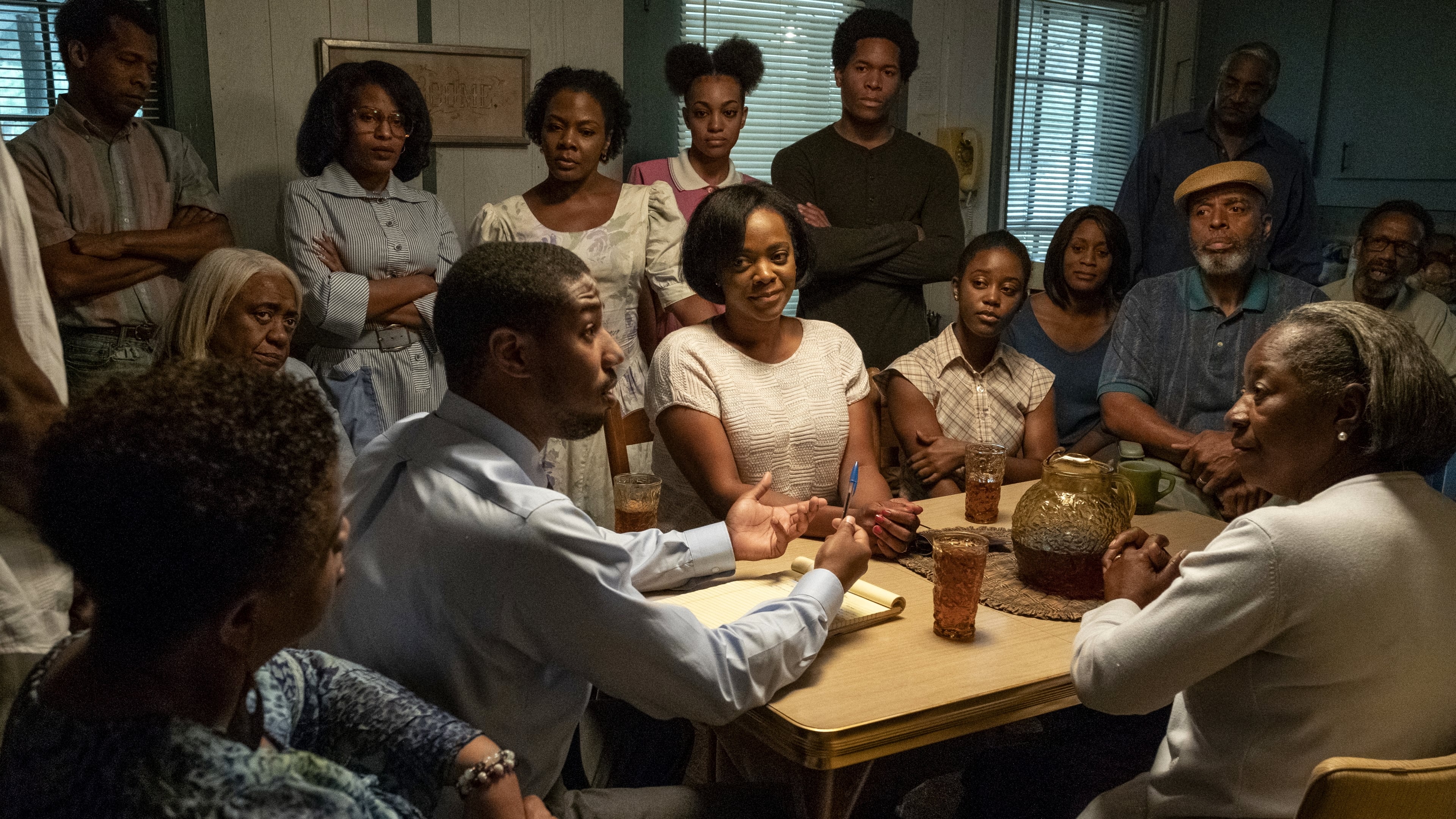Just Mercy Chapter 1 Summary: Dive into the heart of Bryan Stevenson’s powerful memoir and witness the gripping account of Walter McMillian’s wrongful conviction. Explore the racial biases, flawed evidence, and the relentless pursuit of justice that shaped this unforgettable case.
In this chapter, we are introduced to the harrowing tale of Walter McMillian, an African American man falsely accused of murder. As we follow Bryan Stevenson’s journey to uncover the truth, we confront the deep-rooted injustices that continue to plague our society.
Introduction

Bryan Stevenson’s “Just Mercy” is a powerful and thought-provoking memoir that chronicles his experiences as a lawyer fighting for justice in the American criminal justice system. The book is both a personal account of Stevenson’s life and work, and a broader indictment of the systemic racism and inequality that permeate the justice system.
Chapter 1 of “Just Mercy” introduces readers to Stevenson and his work, and provides an overview of the case that would come to define his career: the case of Walter McMillian, a black man who was wrongfully convicted of murdering a white woman. Stevenson’s description of McMillian’s case and the subsequent trial is a harrowing and unforgettable account of the injustices that can occur within the criminal justice system.
Walter McMillian’s Case

Walter McMillian, a 46-year-old African American man, was wrongfully convicted of murdering a young white woman in 1986. The case against him was riddled with flaws and racial biases, leading to his wrongful imprisonment for six years on death row.
In the opening chapter of Just Mercy, Bryan Stevenson’s powerful memoir, we witness the heart-wrenching story of Walter McMillian, a man wrongfully accused of murder. Stevenson’s poignant account reminds us of the flaws within our justice system. Yet, as we delve into the depths of Stevenson’s experiences, we cannot help but draw parallels to the dead space remake chapter 7 bug , a technical glitch that marred the gameplay experience.
Just as the bug hindered progress, so too did the systemic failures in McMillian’s case impede the pursuit of justice.
McMillian was arrested and charged with the murder of Ronda Morrison, an 18-year-old white woman who was found dead in her home. The only evidence linking McMillian to the crime was the testimony of Ralph Myers, a career criminal who had a history of lying and making false accusations against black men.
Bryan Stevenson’s powerful memoir “Just Mercy” begins with his first case as a young lawyer, a 19-year-old named Walter McMillian who was wrongly convicted of murder. As you dive into the gripping account of McMillian’s fight for justice, take a break to catch up on the latest adventures in the one piece manga chapter 1086 , where Luffy and his crew continue their epic journey.
Then, return to the courtroom drama of “Just Mercy,” where Stevenson’s relentless pursuit of truth and justice unfolds in a story that will leave you both inspired and heartbroken.
Evidence against McMillian
- Ralph Myers’ testimony: Myers claimed that McMillian confessed to killing Morrison, but his testimony was full of inconsistencies and contradictions. He later admitted to lying about McMillian’s confession under pressure from the police.
- Hair analysis: The prosecution claimed that hair found on Morrison’s body matched McMillian’s hair, but the hair analysis was later discredited as unreliable.
- Racial biases: The all-white jury and prosecutor in the case were quick to convict McMillian, despite the lack of credible evidence against him.
Bryan Stevenson’s Involvement

In the heart of McMillian’s nightmare, a beacon of hope emerged in the form of Bryan Stevenson. Stevenson, a young lawyer and founder of the Equal Justice Initiative (EJI), dedicated his life to defending the innocent and fighting for justice for the voiceless.
As we dive into the heart-wrenching world of “Just Mercy,” let’s not forget the importance of taking care of our physical well-being. New Chapter Prostate 5LX 180 Sgels is a must-have supplement for maintaining prostate health. As we navigate the complexities of this chapter, let’s also prioritize our own health journey.
Stevenson’s Motivations
Driven by an unwavering belief in human dignity and the inherent value of every life, Stevenson was compelled to take on McMillian’s case. He recognized the gross miscarriage of justice and the blatant racial bias that had led to McMillian’s wrongful conviction.
Initial Assessment
Upon reviewing McMillian’s case, Stevenson was alarmed by the glaring inconsistencies and the lack of credible evidence. He realized that McMillian had been framed and that his life hung in the balance.
Uncovering the Truth

Bryan Stevenson, a young lawyer fresh out of Harvard Law School, dedicated his life to fighting for the rights of the poor and marginalized. He was determined to uncover the truth about McMillian’s case and prove his innocence.
Stevenson began by thoroughly investigating the case, reviewing the evidence, and interviewing witnesses. He uncovered several key pieces of evidence that cast doubt on McMillian’s guilt:
Witness Testimony
- Several witnesses who initially identified McMillian as the perpetrator later recanted their statements, claiming they had been coerced or pressured by the police.
- Other witnesses provided alibis for McMillian, placing him at a different location at the time of the murder.
Forensic Evidence
- Hair samples found at the crime scene did not match McMillian’s DNA.
- A bite mark on the victim’s body did not match McMillian’s dental records.
Prosecutorial Misconduct, Just mercy chapter 1 summary
- Stevenson discovered that the prosecution had withheld crucial evidence from the defense, including the recanted witness statements.
- The prosecutor had also made inflammatory and misleading statements during the trial, which may have influenced the jury’s decision.
Ending Remarks: Just Mercy Chapter 1 Summary

Just Mercy Chapter 1 Summary: A testament to the resilience of the human spirit, this chapter sets the stage for a powerful and thought-provoking exploration of the criminal justice system. Join Bryan Stevenson on his quest for justice and witness the transformative power of empathy and unwavering determination.
